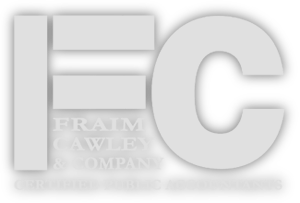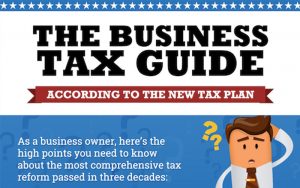2016 and all of its tax deadlines are upon us! Here’s a quick guide of the most important dates to keep in mind this calendar year:
- January 15th: due date to pay 4th quarter estimated taxes.
- February 1st: due date to send out 1099s and W-2s to recipients.
- February 15th: healthcare open enrollment for 2016 closes.
- February 29th: due date to file 1099s/1096s and W-2s/W-3s if you are paper filing.
- March 15th: due date to file corporate (1120 and 1120S) returns and elect S-Corp status for existing corporations or LLCs.
- March 31st: due date to file 1099s/1096s and W-2s/W-3s if you are filing electronically.
- April 18th: due date to file individual (1040), trust (1041), and partnership returns (1065). Also the last day to make HSA contributions and contributions to the majority of retirement plans and the due date of 1st quarter estimated payments.
- May 16th: due date to file most nonprofit returns (Form 990).
- June 15th: due date of 2nd quarter estimated payments.
- August 15th: due date for extended nonprofit returns if not granted a second extension.
- September 15th: due date for extended corporate, partnership, and trust tax returns. Also the due date of 3rd quarter estimated payments.
- October 17th: due date for extended individual tax returns.
A reminder as regards the April 18th deadline: an extension is an extension to file, not an an extension to pay. If you file an extension and still owe money you will be assessed the failure-to-pay penalty of 0.5% per month on the balance. This is a huge improvement over the 5% per month failure-to-file penalty – so by all means file an extension (or get me to file one for you) if you need one.
If you are unsure of exactly what to do for any of these deadlines or need any assistance, give me a call. There are few things as costly as missed or erroneous tax filings – so let me help you keep things straight and get 2016 started on the right foot!
Any accounting, business, or tax advice contained in this communication, including attachments and enclosures, is not intended as a thorough, in-depth analysis of specific issues, nor a substitute for a formal opinion, nor is it sufficient to avoid tax-related penalties.




